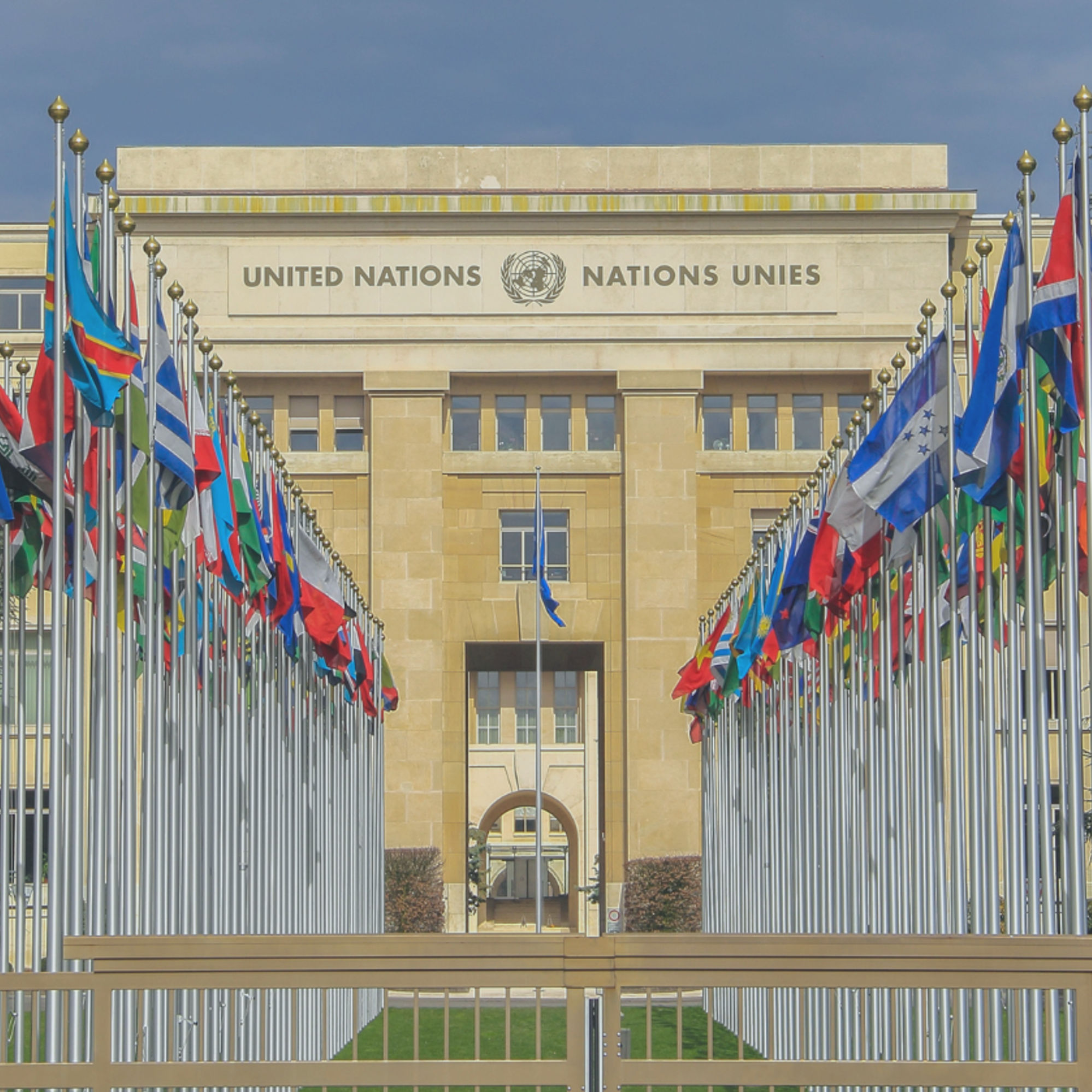International Organizations and Multilateralism
Rhetoric on the crisis of multilateralism is frequent. International organizations (UN, WTO, etc.) remain no less important, while other forums (G20, BRICS, etc.) are asserting themselves.
Related Subjects

An Analysis of North Korea's Principal Trade Relations
The Direction of Trade Statistics by IMF is the most representative statistical data for bilateral trade with North Korea. However, IMF statistics underestimate North Korea's international trade since they do not classify inter-Korean trade as international trade. Therefore, this study restructures statistics on North Korea by combining the IMF and inter-Korean trade data, and it analyzes the structure of North Korea's international trade. In addition, it conducts a unique analysis of trade structures, since other studies have not analyzed production processes in North Korean trade.
This analysis identifies six main characteristics of North Korea's trade:
Russian Gas Diplomacy
Thank goodness our early warning systems during the cold war were not structured so we could see the flash at the same time we heard the warning. On Monday, the Russians notified the Europeans under an “Early Warning” agreement negotiated after the last Ukrainian gas cutoff that they had already cut gas flows to Belarus by 15% and that would increase cuts to 85% by the end of the week. Not very good news for the Belarusians who enjoy the most gasified economy in the world - everything there runs on gas.
Maghreb Countries' Economic Projection on Sub-Saharan Africa
While largely interrupted by the colonial period premise, trade relations between the Maghreb and sub-Saharan Africa have enjoyed a new boom with the independence era. However, until the end of the 1990s, the African policy of the three Maghreb countries significantly impacted their economic projection.
Morocco and its "New Border". A Critical Lecture of Morocco's Economic African Strategy
Since Mohammed VI came into power, Morocco’s African policy has undergone notable change in comparison to his predecessor’s period.
The United States' Economic Strategy and Presence in the Maghreb
Before the 9/11 events, US-Maghreb relations were growing stronger, especially after the United States had long left the floor to the Maghreb’s “natural” European partner. Therefore, the American action in this region was in line with a mechanism previously set off by Clinton Administration member, Stuart Eizenstat, which aimed at reducing intra-regional obstacles and stimulating American investments towards an area where Americans were little-represented. Hence Washington seemed more involved in promoting the emergence of a strong, world-economy-integrated Maghrebi market.
Chinese and Indian Economic Presence in the Maghreb
One of the major events of the last couple of decades has been the rise of China and India, reflected by their increasingly important economic presence in the world, both in terms of trade flows and of foreign direct investments.
Africa, which has long remained the former colonial powers" “private hunting ground”, does not seem to escape from Indian and Chinese presence and activity, hence worrying Africa"s traditional partners.
Japan's Ambivalent Diplomacy on Climate Change
Japan often pictures itself as an environmental leader. While many examples of Japan’s actions against climate change are in line with global climate change norms, others can be in opposition to them.
Coming in from the Cold? An Update on North Korea's External Economic Relations
This brief analysis of the current external economic relations of the Democratic People’s Republic of Korea (DPRK) leads to a number of conclusions.
From Kunming to Mandalay: The New "Burma Road". Developments along the Sino-Myanmar border since 1988
The present paper aims to describe the vitality and complexity of bilateral trade along the Sino-Myanmar border.
The Appointment of Vale de Almeida: A symbol of the Commission's predominance of the EEAS?
The recent appointment of João Vale de Almeida to be the head of the EU’s delegation in Washington D.C. sparked waves of controversy among the Member States. Why has this manoeuvre of Catherine Ashton become so polemical? What does it tell us about the institutional posturing of the new European External Action Service (EEAS)?
Support independent French research
Ifri, a foundation recognized as being of public utility, relies largely on private donors – companies and individuals – to guarantee its sustainability and intellectual independence. Through their funding, donors help maintain the Institute's position among the world's leading think tanks. By benefiting from an internationally recognized network and expertise, donors refine their understanding of geopolitical risk and its consequences on global politics and the economy. In 2025, Ifri supports more than 80 French and foreign companies and organizations.







